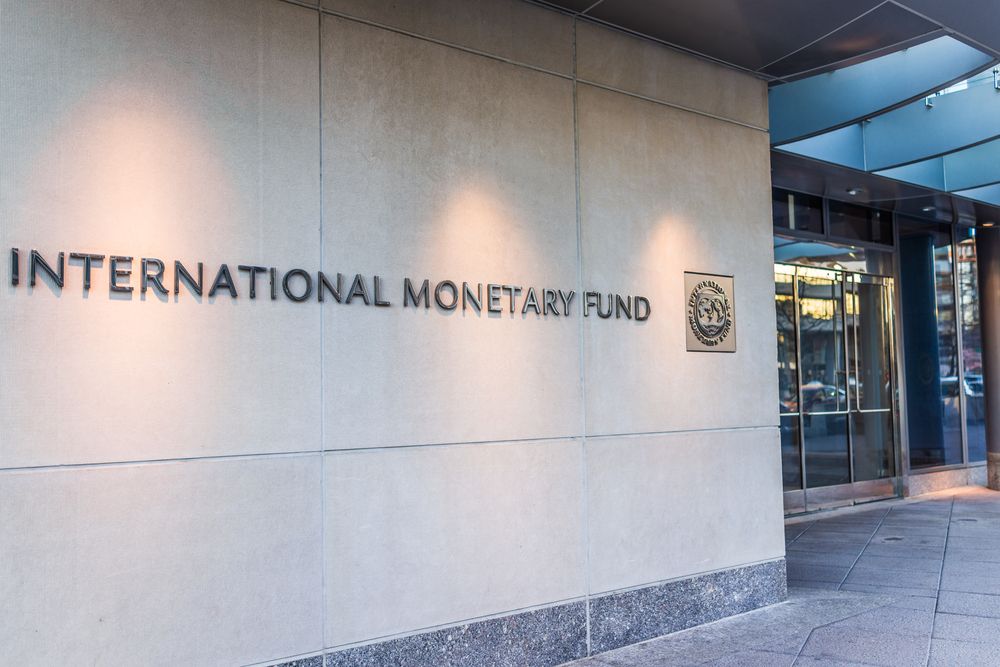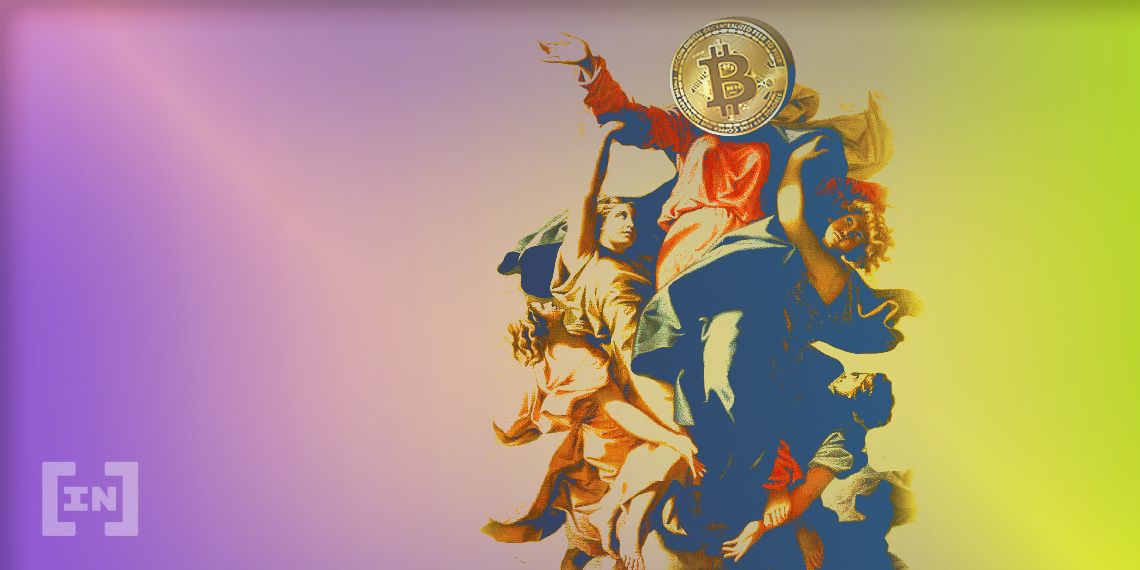Global debt has reached unprecedented levels this year. The International Monetary Fund (IMF) has reported that debt has surged to $188 trillion—230 percent of global GDP.
The news is harrowing, given previous large-scale debt cycles. The most recent of such cycles, the pre-2008 crisis, resulted in massive shortages and international suffering.
The debt has risen largely due to a new system of spending in developing countries. Marked by a desire to increase infrastructure, leaders have taken to spending in volume. As funds are invested, the costs are huge, and debt is incurred.
In more developed nations, spending has also been unprecedented. However, these nations have seen spending to increase and stabilize economic growth, or avert disaster.
Nevertheless, the massive changes in debt ratios could signal rough times ahead. Both the IMF and the World Bank have already cautioned that better fiscal policies are critical for maintaining stability.

Print to Spend
The side issue at hand, however, is also related to inflation and central banks. Faced with massive mounting debt pressures, governments often print money to pay back debts. Nearly 70 percent of the debt balloon is in Africa, alone. As the nation’s central bankers fire up the presses, inflation almost always surges dramatically. This inflation makes buying and selling difficult, and only further stagnates local economies. This stagnation leads to a greater need to spend, and the cycle continues. Central banks are then forced to move in different directions to find stability. Reducing interest rates below zero and providing quantitative easing (QE) are just two of the possible options. However, the IMF warns that these solutions are simply not viable in the long term. With the market moving toward debt, the tsunami will eventually crash, leaving these nations in turmoil. This is precisely the issue facing Venezuela, Zimbabwe, and others even now.Bitcoin FTW
However, Bitcoin and other cryptocurrencies are functionally detached from government spending and poor fiscal policies. In fact, cryptocurrencies represent an economy unto themselves, distinct from global market movements. Of course, Bitcoin and other cryptocurrencies respond to the global market — but they function with independence. This is critical when economies begin to tumble. This can be seen vividly in the dependence on Bitcoin that’s already occurred in Venezuela and other collapsing economies. The future may be bleak, but Bitcoin can offer a life preserver for transitions and trade. With governments making a bumbling mess of things, Satoshi may have found the proper solution.
Top crypto platforms in the US
Disclaimer
In adherence to the Trust Project guidelines, BeInCrypto is committed to unbiased, transparent reporting. This news article aims to provide accurate, timely information. However, readers are advised to verify facts independently and consult with a professional before making any decisions based on this content. Please note that our Terms and Conditions, Privacy Policy, and Disclaimers have been updated.

Jon Buck
With a background in science and writing, Jon's cryptophile days started in 2011 when he first heard about Bitcoin. Since then he's been learning, investing, and writing about cryptocurrencies and blockchain technology for some of the biggest publications and ICOs in the industry. After a brief stint in India, he and his family live in southern CA.
With a background in science and writing, Jon's cryptophile days started in 2011 when he first heard about Bitcoin. Since then he's been learning, investing, and writing about cryptocurrencies and blockchain technology for some of the biggest publications and ICOs in the industry. After a brief stint in India, he and his family live in southern CA.
READ FULL BIO
Sponsored
Sponsored

